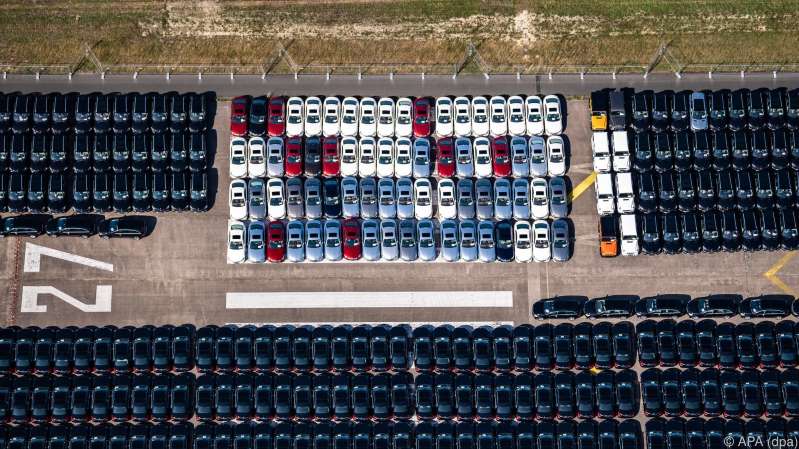Sales figures as low as not since 1987. Blame is placed not only on the pandemic, but also on the ongoing tax increases.
The domestic car market has gotten off track. While more than 300,000 new cars have consistently been sold in the past ten years, this year there were only around 249,000 units. That is the worst new car year in 33 years. “April was a disaster,” says Günther Kerle, spokesman for the Austrian automobile importers. The pandemic and with it the first lockdown brought business to a standstill. Not just in Austria. The drop in sales was in line with the European average.
As Kerle emphasizes, the political framework conditions have made things more difficult in Austria. “The permanent tax increases are unsettling the customers.” In the previous year alone, the standard consumption tax (NoVA) and the insurance tax were increased, and the rules on benefits in kind were changed. And in the middle of the current year, the NoVA will de facto be increased again for all new cars – and for the first time also includes small vans.
“This night and fog action completely surprised us,” says Kerle and takes the government, especially the small coalition partner, to court. “A ruling party is happy that fewer cars are finally being sold.” That is no reason to be happy, but a dramatic situation for a leading domestic industry with around 315,000 employees. “This has far-reaching consequences for the economy as a whole,” said Kerle. He was also disappointed that the ÖVP business party had agreed to this. The declaration that you have to do green things was unsatisfactory.
Klaus Edelsbrunner, chairman of the Federal Vehicle Trade Committee, agrees. “Assault-like tax increases are the last thing we need now.” Incentives are better than bans and good for climate protection. “We would write that into the studbook of the green ban party.” It is logical for both industry representatives that small trucks have been exempt from the NoVA up to now. “The NoVA has replaced the luxury tax that only affected cars.” Trucks are a kind of tool for companies and cannot be compared with private cars.
Electric cars
According to Kerle, what can be achieved with incentives is shown by the sharp increase in all-electric cars. With just under 16,000 units, they now hold six percent of new registrations. Of course, the lion's share (82 percent) is still attributable to company vehicles. Including hybrid drive types (i.e. electric plus combustion), alternative drives already have 20 percent. However, Kerle questions whether e-mobility is actually the last and best step in mobility.
outlook
There is little optimism for the new year. “Tax increases are poison for the market and do not help the environment because no replacement is purchased for a long time,” says Edelsbrunner. In addition, due to the current lockdown, January, with its strong approval, is already missing. The year will be difficult, summarizes Kerle, also because an end to the pandemic and an improvement in the economy are not in sight. He reckons “at best” with 270,000 new registrations.

